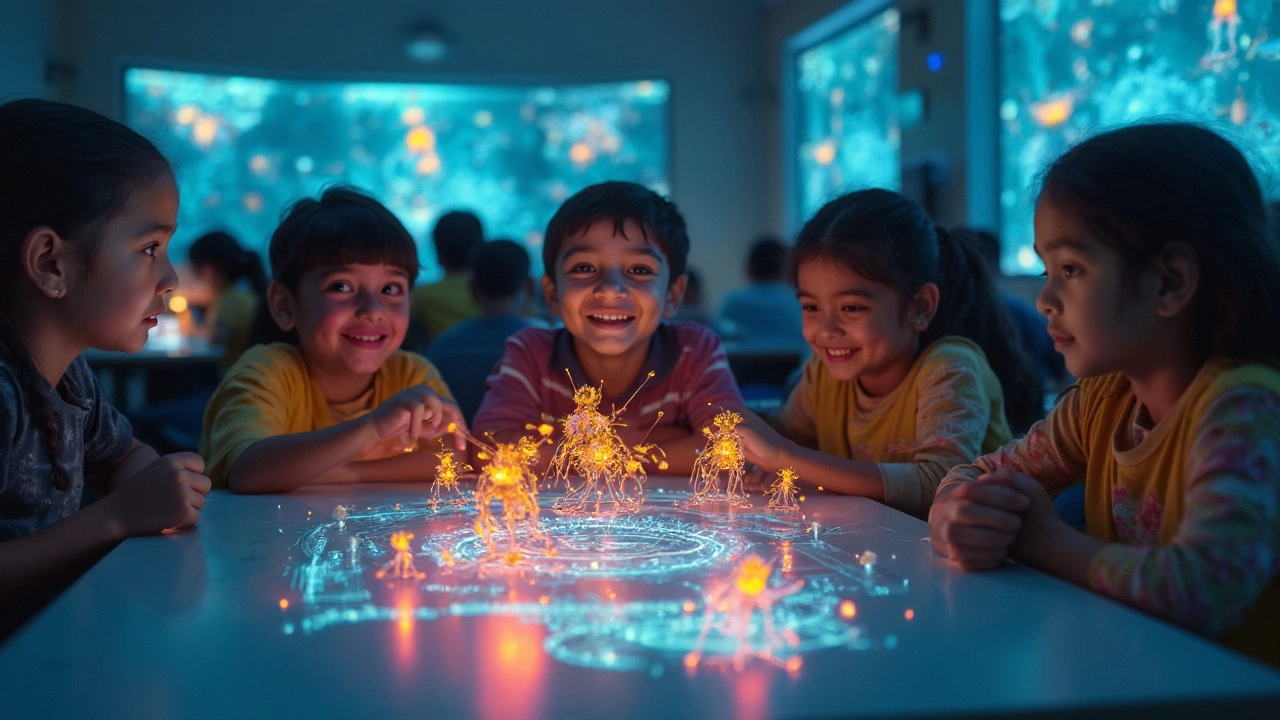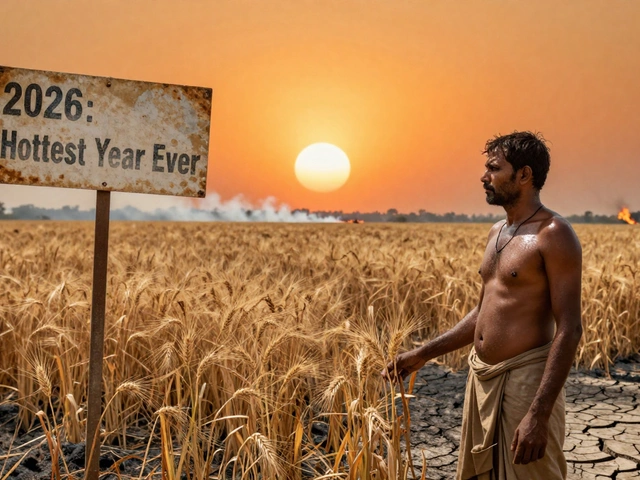Futuristic Tech: What’s Real, What’s Coming, and How India Is Leading
When we talk about futuristic tech, technology that pushes beyond today’s limits to solve real problems in new ways. Also known as next-generation technology, it’s not just about flashy gadgets—it’s about systems that change how we live, work, and heal. Think of it as the bridge between today’s science and tomorrow’s reality. In India, this isn’t theoretical. It’s happening in labs in Bangalore, solar farms in Rajasthan, and biotech startups in Hyderabad.
AI, systems that mimic human decision-making using data and rules is already in use—not as a sci-fi robot, but as a tool helping doctors spot diseases, farmers predict crop yields, and hospitals manage patient flow. The simplest form of AI? Rule-based systems that say, "if this, then that." They power spam filters, chatbots, and even your home thermostat. But today’s AI does more—it learns. And in India, it’s being built for local needs: low-bandwidth, low-cost, and high-impact.
renewable energy, power sources that don’t run out and don’t pollute is another pillar. Solar isn’t just popular—it’s the fastest-growing energy source in 2025. Wind is the cleanest. And both are cheaper than coal. This isn’t a dream. It’s a financial decision. Farmers are installing solar panels. Villages are going off-grid. Cities are switching. The real challenge? Getting these technologies from labs to homes. That’s where technology transfer, the process of turning research into real-world use comes in. Too often, great ideas die because no one planned for maintenance, training, or local support. The best futuristic tech doesn’t just work—it lasts.
And then there’s biotechnology, using living systems to create products that heal, clean, and feed. CRISPR gene editing is curing genetic diseases. Lab-grown meat is reducing farming’s environmental cost. AI-designed drugs are cutting years off development time. These aren’t future possibilities—they’re 2025 realities in Indian labs. And they’re creating high-paying jobs, too. But none of this matters if it stays locked in universities. Real progress happens when science meets society.
Futuristic tech isn’t about what’s possible. It’s about what’s practical. It’s about clean energy that lowers bills, AI that helps rural nurses, and biotech that reaches villages, not just cities. The posts below show you exactly how this is unfolding across India—not in hype, not in buzzwords, but in real projects, real people, and real results. You’ll see how innovation works when it’s grounded in need, not just ambition.





